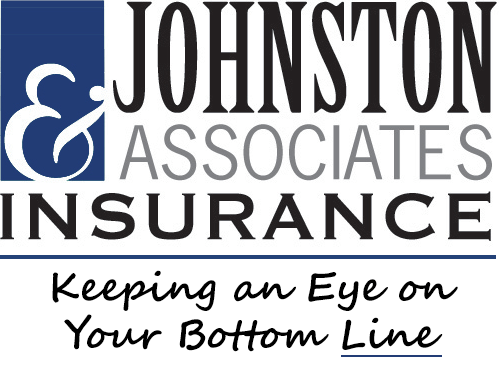
Normally, it is difficult for businesses or general contractors to work without general insurance. General liability insurance is intended to guard operators and owners of companies against claims that may come from a broad spectrum of sources. These exposures could be just about anything, including liability engendered by accidents from the operations of the insured party, contractual liability, products manufactured by the insured party, etc.
The liability you select, whether it is one, two, or three million dollars, determines the cost of general liability insurance. Also factored into the rates are the kind of work undertaken, gross receipts and total payroll expenses. Similar to auto insurance, when it comes to general liability insurance, you will first have to make a down payment and then follow it up with installments. Before buying general liability insurance, it is best to compare the quotes available in the market.
It is the business owner’s or general contractor’s job to make sure that the people working under him/her are covered by an insurance policy. If for example, a person who is not a part of the project gets injured, the injured person’s lawyer can target just about anyone involved in the project. The more individuals that are involved, the greater the chances of a successful lawsuit.
Insuring Franklin, Brentwood, Nashville, and All of Tennessee.
General Liability Insurance FAQs
What exactly is Liability Insurance?
“Liability” means responsibility. When you cause damage to others, whether it’s bodily injury or property damage, you are responsible for paying those damages. Likewise, when someone causes you bodily injury or property damage, you are covered under their liability insurance. If you own an automobile, home, or a business you are required to carry liability insurance. When you purchase an insurance policy, you are entering into a contract whereby the insurance company fulfills your legal responsibility to those individuals whom you’ve caused damage. With auto insurance this is the only coverage you are legally required to purchase. Other coverages such as collision, comprehensive, medical payments or uninsured motorists are optional.
If you are a business owner you may need product liability, completed operations, liability for your employees, or employer practices liability (EPL), which covers molestation/abuse, sexual harassment and racial discrimination.
What are adequate liability limits for my business?
This question has received considerable attention over the years by insurance professionals and legal advisors without resulting in definite answers. The question is somewhat akin to posing the query “How high is up?” Nevertheless, there are some perspectives which may be helpful in determining the amount of liability insurance limits to purchase. These might include:
- Attempt to ascertain the largest judgment rendered against your type of business within the judicial area in which you are located or in which you sell your product or service. (Even then, you may not be willing or able to afford the cost of purchasing insurance to provide sufficient liability limits to cover any such awards.)
- Examine your balance sheet (assets vs. liabilities) to determine what you have to lose and thus need to protect. Remember, however, that liability losses resulting in judgments or out-of-court settlements generally have no respect for wealth or lack of it.
- Similar to setting liability limits based on your balance sheet, use your income statement for the same purpose. However, the same concern regarding losses vs. wealth still applies.
- Consider liability limits you can afford or with which you feel comfortable. Unfortunately, this practical approach does not provide “a quiet night’s sleep” for most business owners, especially if you realize that the next verdict could easily exceed your limits several times over.
- Review all business contracts you have signed, including premises and/or equipment leases, etc. for their specific liability limit requirements – most contracts will have them! This may determine at least the minimum liability limits you should carry just to comply with the contract provisions.
- Consider what level of liability protection is being carried by other area businesses and competitors similar to yours. While we cannot disclose confidential client information, our agency is a good source of general information of this nature because of the number and cross-section of businesses we insure.
- All of this causes one to ask what a business owner can do to determine proper liability limits if the techniques previously listed are filled with uncertainty. There is no one acceptable and simple method. It requires an examination of the legal climate, or perhaps various legal climates, the type of exposures presented, and all of the previously suggested parameters.
I’ve read that employees are suing their own companies for discrimination, wrongful termination, and violations of the Disability Act, etc. I try to be careful, but what if one of my supervisors commits the violation or my file is not properly documented? What can I do?
Your Business Liability coverage and your workers’ compensation insurance do not pay these types of claims, but you can buy insurance coverage called Employment Practices Liability Insurance or EPLI. This insurance protects your business from employees’ allegations against you and your business. Especially important is the legal defense aspect of the policy, because the legal bills can often be higher than the amount of the claim itself.
What should I do if I have a loss?
We recommend taking the following steps as soon as possible:
- Contact your agent, providing date, time, description of incident, names and addresses of all injured parties and/or owners of property damage. Also provide names and addresses of any witnesses.
- Should you be served with suit papers or any other legal document, forward them immediately to your agent.
